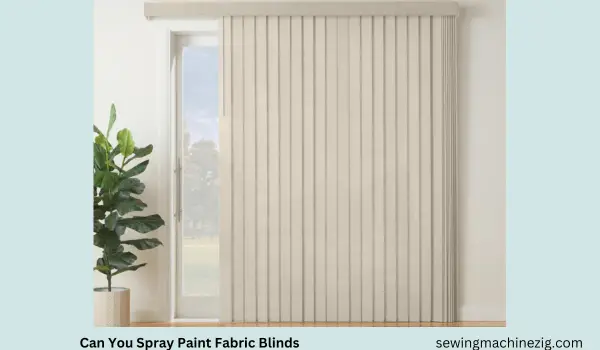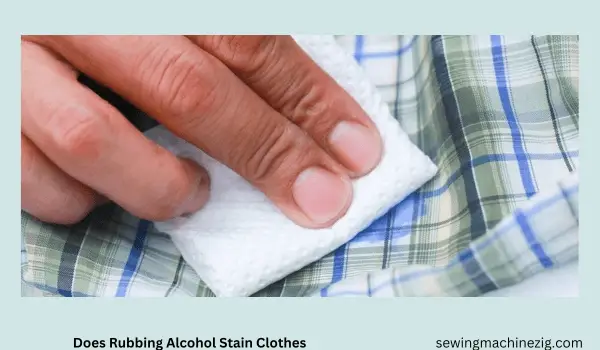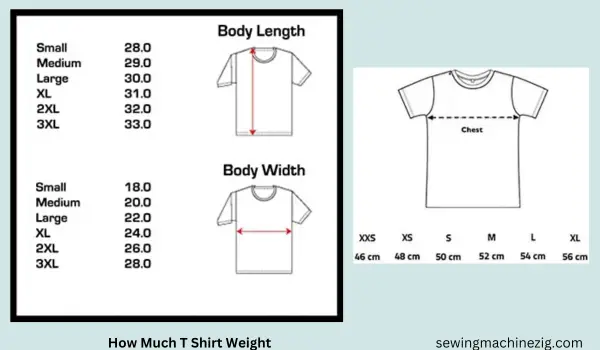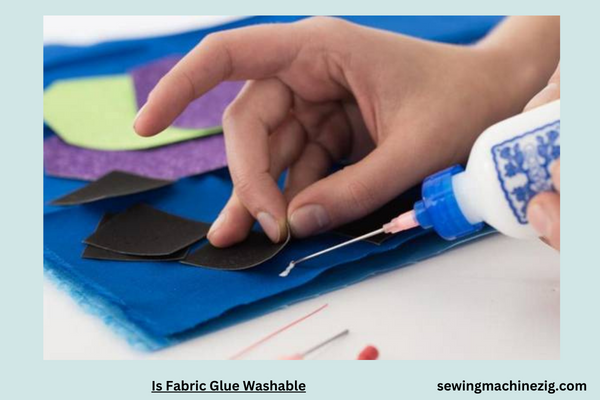
Thank you for reading this post, don't forget to subscribe!
“Is fabric glue washable?” is a common question among crafters and individuals looking to mend or create textile projects. Fabric glue, a versatile adhesive specifically designed for fabric applications, offers a convenient and durable bonding solution. However, many wonder if it stands up to washing, a crucial consideration for clothing repairs and other washable fabric items.
In this guide, we’ll explore the washability of fabric glue, providing insights into the types of fabric glue that can withstand washing and how to maintain the longevity of your fabric-bonded projects while keeping them clean and durable.
Is Fabric Glue Washable Detailed Answer
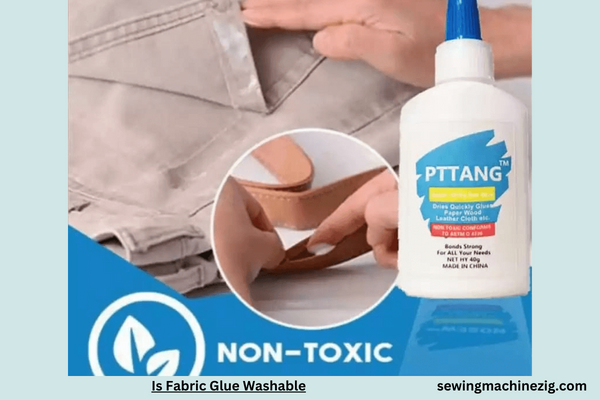
Fabric glue is a versatile adhesive designed for a wide range of textile applications, from clothing repairs to crafting projects. However, many people often wonder, “Is fabric glue washable?” The answer is not straightforward, as it depends on the type of fabric glue you use and how you apply it.
In this step-by-step guide, we’ll explore the washability of fabric glue, helping you understand which types are washable, how to apply them correctly, and how to maintain the longevity of fabric-bonded projects while keeping them clean and durable.
Step 1: Choose the Right Fabric Glue
- Not all fabric glues are washable. When purchasing fabric glue, carefully read the label to ensure it is designed for washable applications. Look for terms like “washable,” “machine washable,” or “fabric washable” on the product packaging.
Step 2: Gather Your Materials
- To use fabric glue, you’ll need the following materials:
- Fabric glue
- Clean and dry fabric pieces
- Optional: Fabric pins or clips to hold pieces together during drying
Step 3: Prepare the Fabric
- Ensure that the fabric you intend to bond is clean and dry. Any dirt or moisture can affect the adhesive’s effectiveness.
Step 4: Apply Fabric Glue
- Follow the manufacturer’s instructions for the specific fabric glue you’re using. Typically, you will:
- Apply a thin, even layer of fabric glue to one of the fabric pieces.
- Press the two fabric pieces together firmly, aligning them as needed.
Step 5: Let the Glue Dry
- Allow the fabric glue to dry completely. The drying time can vary depending on the type of fabric glue used, so refer to the product instructions for guidance.
Step 6: Check the Washability
- Once the fabric glue has dried, check the label or product information to confirm that it is washable. If it’s labeled as washable, it should withstand washing without coming apart.
Step 7: Washing the Fabric
- When it’s time to wash your fabric-bonded item, follow these guidelines:
- Use the recommended washing instructions on the fabric glue product label.
- Typically, wash in cold water on a gentle cycle, and avoid using harsh detergents or bleach.
Step 8: Regular Maintenance
- To extend the life of fabric-bonded items, practice regular maintenance:
- Avoid exposing the glued fabric to excessive heat, which can weaken the adhesive.
- Check the bond periodically for any signs of wear or detachment, and repair as needed.
Step 9: Enjoy Your Washable Fabric Creations
- Now that you know how to use and wash fabric glue correctly, you can enjoy your washable fabric creations with confidence, whether it’s clothing repairs, fabric crafts, or any other fabric bonding projects.
The washability of fabric glue depends on the type of glue you choose. By selecting the right washable fabric glue, applying it correctly, and following the manufacturer’s guidelines for washing and maintenance, you can create and enjoy fabric-bonded items that withstand the test of time and washing.
Is Permanent Fabric Glue Washable?
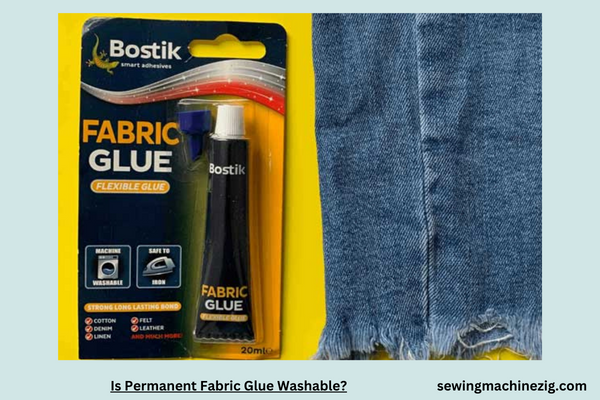
Permanent fabric glue is designed to provide a strong and long-lasting bond on fabric, making it a popular choice for various sewing and crafting projects. One of the critical concerns when using permanent fabric glue is whether the bond it creates can withstand washing without coming apart.
Factors to Consider:
The washability of permanent fabric glue depends on several factors, including the type and brand of fabric glue you use, the materials you are bonding, and the washing instructions you follow. Here’s a breakdown of these factors:
Type and Brand of Fabric Glue:
- Different fabric glues are formulated for various purposes. Some are explicitly designed for washable applications, while others may not be suitable for washing. When purchasing permanent fabric glue, always check the label and product information to see if it is specified as “washable,” “machine washable,” or “fabric washable.” These labels indicate that the glue is intended for applications that involve washing.
Fabric Type:
- Consider the type of fabric you are bonding. Some fabrics, like cotton or denim, are more resilient and can better withstand washing when bonded with fabric glue. Delicate or sheer fabrics may require extra care.
Application Technique:
- The effectiveness of permanent fabric glue also depends on how well you apply it. Follow the manufacturer’s instructions for application, ensuring that you apply the glue evenly and give it sufficient drying time. Proper application is crucial for achieving a strong and washable bond.
Washing Instructions:
- To ensure that permanent fabric glue remains washable, follow the recommended washing instructions provided by the manufacturer. These instructions typically suggest using cold water on a gentle cycle and avoiding harsh detergents or bleach. By adhering to these guidelines, you can help maintain the integrity of the fabric glue bond through multiple wash cycles.
Tips for Ensuring a Washable Bond:
- Always prewash the fabrics you plan to bond to remove any sizing or finishes that may interfere with the adhesive.
- Apply the fabric glue to clean and dry fabric pieces to ensure a strong bond.
- Allow the fabric glue to dry thoroughly before washing. Drying times may vary based on the product, so consult the manufacturer’s instructions.
In summary, permanent fabric glue can be washable when used correctly with the right type of glue and following the recommended washing instructions.
By considering the type of fabric glue you purchase, your fabric type, application technique, and adhering to washing guidelines, you can confidently create fabric-bonded projects that withstand washing without losing their adhesive properties. Always check the product label for specific washability information to ensure the best results for your projects.
What Fabric Glue Does Not Wash Out?
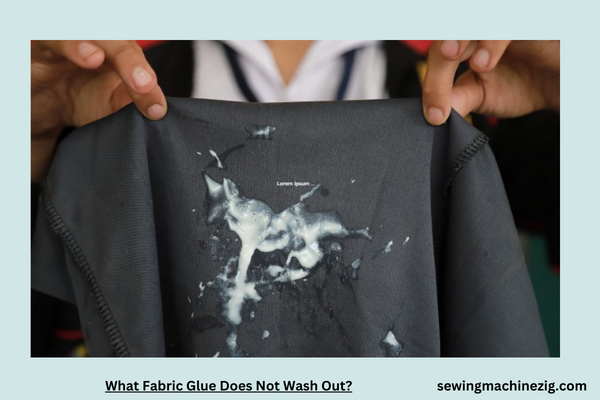
Fabric glues that are specifically labeled as “permanent” or “washable” are designed not to wash out when used correctly and when following the manufacturer’s guidelines for washing.
These types of fabric glues are formulated to create a strong and lasting bond that can withstand washing, making them ideal for a wide range of fabric projects, including clothing repairs, crafting, and home decor.
When looking for fabric glues that do not wash out, make sure to:
- Read the Label: Check the product label and packaging for terms like “permanent” or “washable” to ensure that the glue is designed for applications that involve washing.
- Follow Instructions: Always follow the manufacturer’s instructions for application, drying, and washing. Proper application and care are essential for achieving a lasting bond.
- Test on a Small Area: Before using the glue on your main project, consider doing a test on a small, inconspicuous area of the fabric to ensure that it adheres well and can withstand washing without adverse effects.
- Choose the Right Glue: Different fabric glues may have varying levels of washability, so select a glue that suits your project’s specific requirements and the type of fabric you are working with.
In summary, fabric glues labeled as “permanent” or “washable” are your best bet for creating fabric projects that do not wash out when laundered properly. Always read product labels, follow instructions, and consider the type of fabric and project you are working on when choosing the right fabric glue.
Conclusion
In conclusion, the question of “Is fabric glue washable?” is a vital consideration for anyone working on fabric-related projects. Selecting the right fabric glue, adhering to proper application techniques, and following manufacturer-recommended washing instructions are essential steps in ensuring a lasting and washable bond.
By choosing fabric glue labeled as “permanent” or “washable” and using it correctly, you can confidently create fabric-bonded items that withstand washing without losing their adhesive properties. So, whether it’s clothing repairs, crafting, or home decor, your fabric projects can maintain their quality and durability over time.
FAQS
Q1: Is fabric glue washable?
A1: Yes, many fabric glues are designed to be washable. However, it depends on the specific type and brand of fabric glue you use. Always check the product label to ensure it is labeled as “washable” or “fabric washable” for laundry applications.“Is fabric glue washable“
Q2: How do I know if my fabric glue is washable?
A2: To determine if your fabric glue is washable, examine the product label or packaging. Look for terms like “washable” or “machine washable.” These labels indicate that the glue is intended for applications that involve washing.“Is fabric glue washable“
Q3: Can I use fabric glue for washable clothing repairs?
A3: Yes, fabric glue labeled as “washable” is suitable for repairing clothing items that will be laundered. Follow the manufacturer’s instructions for application and washing to ensure a lasting bond.“Is fabric glue washable“
Q4: Are there specific washing instructions for fabric glue applications?
A4: Yes, always follow the manufacturer’s recommended washing instructions provided on the product label. These instructions typically include using cold water on a gentle cycle and avoiding harsh detergents or bleach for optimal results.

